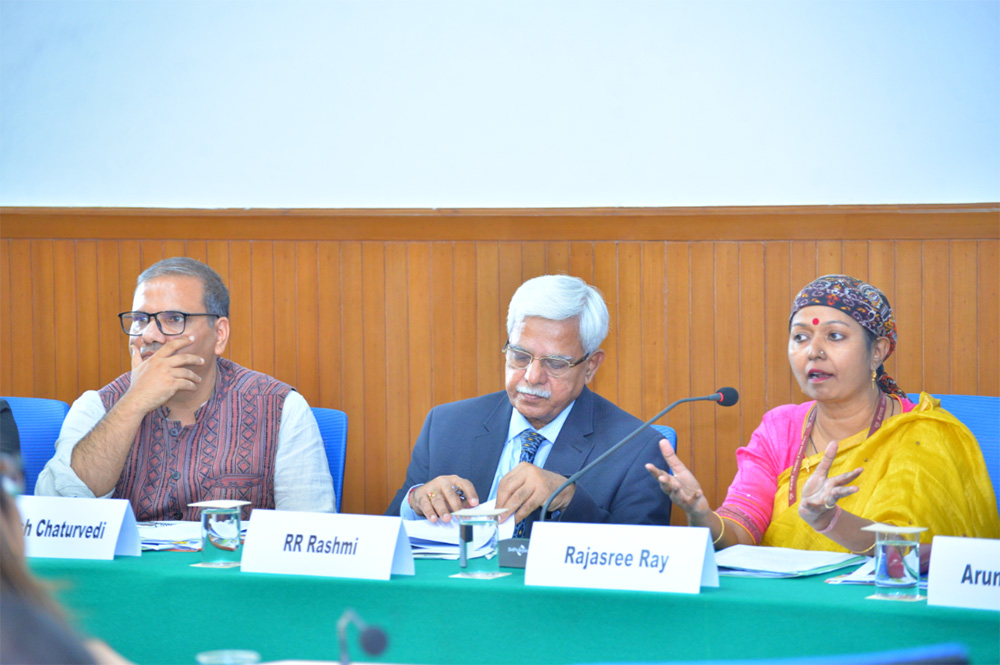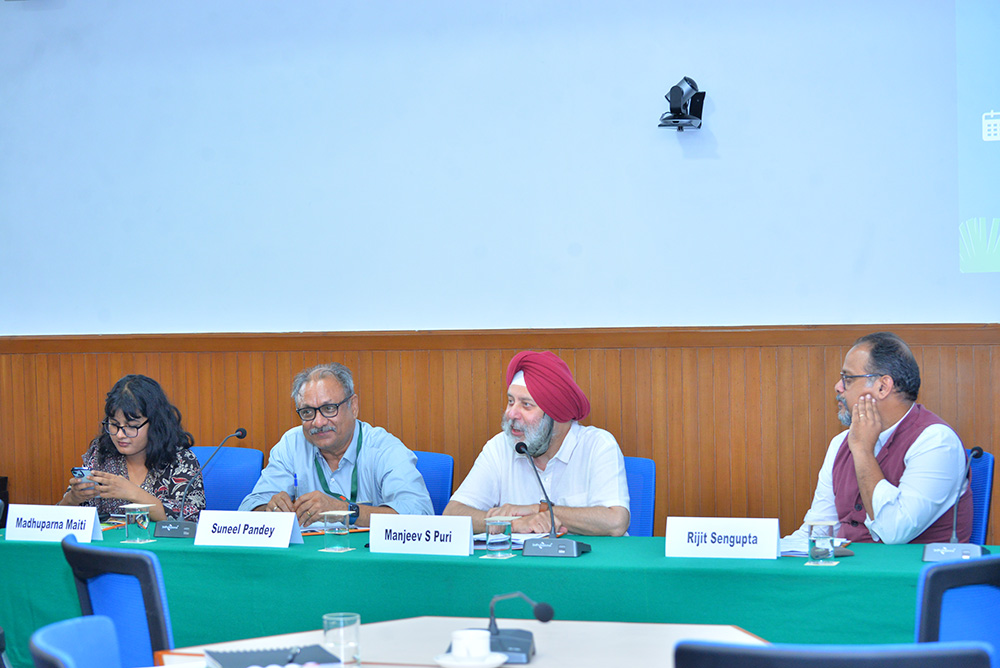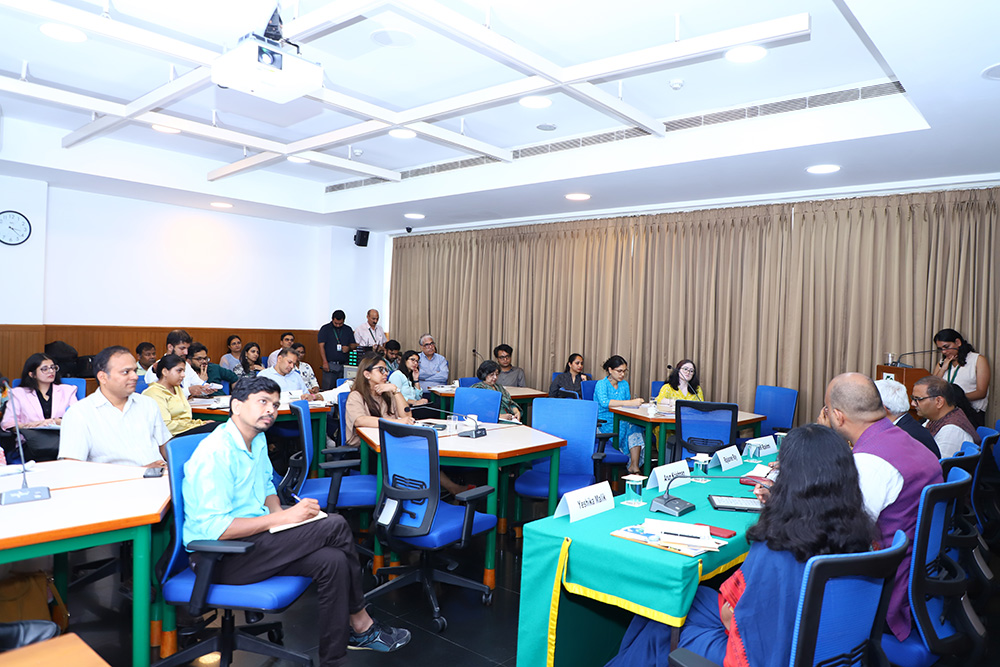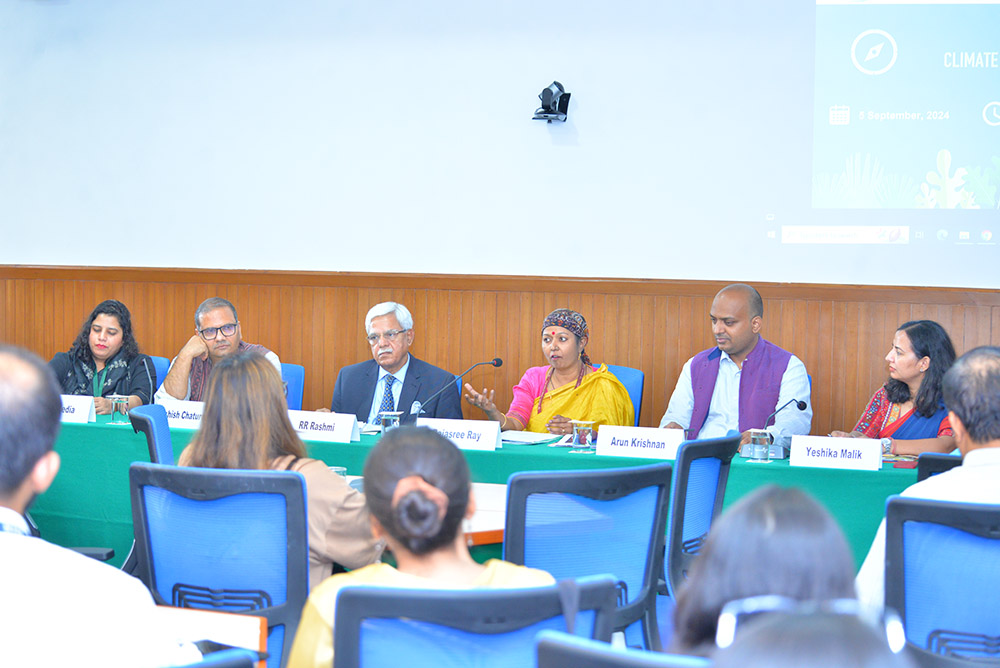COP29 Compass Dialogue on Climate Finance and Sustainable Lifestyles
Panel Discussion I: Climate Finance
The New Collective Quantified Goal (NCQG) is a new global target for climate finance to be established by the end of 2024 and will be key determinant of success for the upcoming COP29 to be held in Baku in December 2024. The NCQG must take into account the needs and priorities of developing countries and incorporate various aspects such as the quantum, quality, scope, accessibility, funding sources, and transparency of the goal. In determining NCQG, it is important to address not just the quantitative but also the qualitative needs of developing countries. A balanced approach to allocate climate finance for mitigation, adaptation and loss and damage needs to be undertaken, considering the principle of common but differentiated responsibilities and respective capabilities.
With this background, TERI is organizing an Act4Earth Dialogue on climate finance to deliberate and come forward with solutions for strengthening the global climate finance ecosystem.
Questions
Overarching questions for the roundtable discussions include:
[Question 1] What will be an equitable outcome on NCQG?
[Question 2] What is the future of climate finance in the long-term?
Panel Discussion II: Sustainable Lifestyles and Climate Justice
Following the adoption of Agenda 21, the landmark outcome document from the United Nations Conference on Environment and Development (UNCED), global attention has increasingly centred on the pressing issue of unsustainable production and consumption patterns.
In India, various initiatives such as the Green Credit Programme, ecolabels, Mission LiFE and circular economy initiatives work towards SDG 12 as well as climate action.
It is crucial to approach sustainable lifestyles by considering the resource value chains that include resource extraction, manufacturing, processing, use by consumers, and disposal.
In 2022, per capita carbon emissions of United States was 14.9 tonnes which is more than triple of the world average. In the context of climate justice and consumption, questions around overconsumption and underconsumption are key and need to be captured in global discourses.
With this background, TERI is organizing an Act4Earth Dialogue to deliberate and come forward with solutions for strengthening sustainable consumption to achieve the goals of climate justice.
Questions
Overarching questions for the roundtable discussions include:
[Question 1] What policy instruments support sustainable lifestyles?
[Question 2] What are the implications of sustainable consumption on climate justice?





